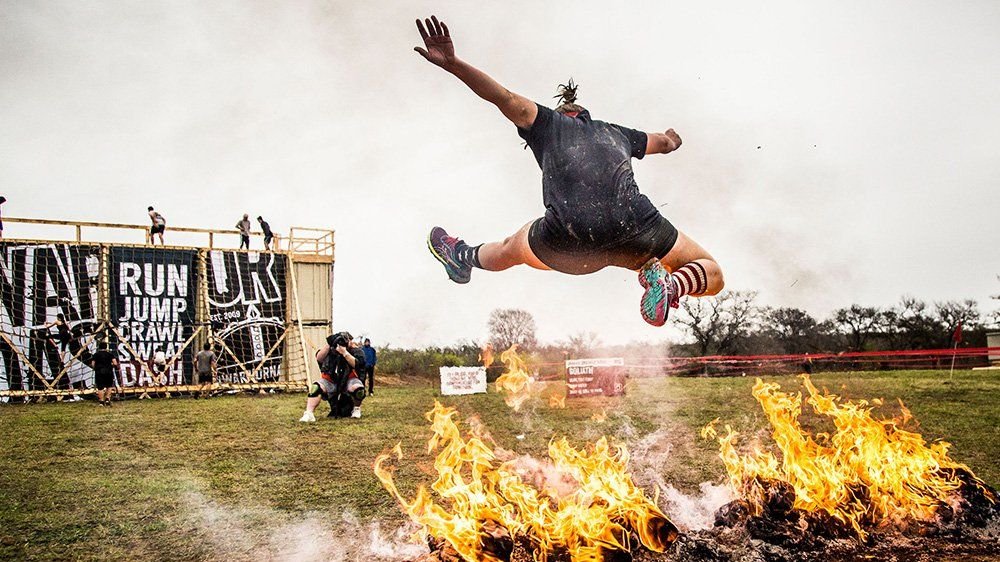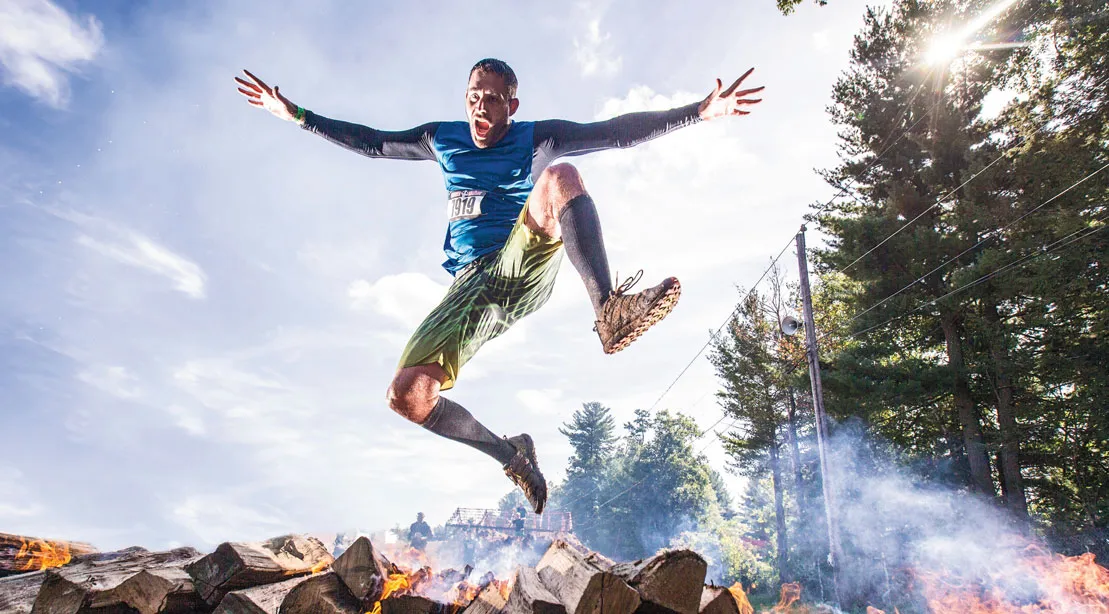Lessons Learned from the Toughest Obstacles in Past Metro Dash® Events
Metro Dash® is renowned for its grueling obstacles and challenging race courses. Over the years, participants have faced a variety of physical and mental hurdles that have tested their endurance, strength, and perseverance. Reflecting on past events, there are numerous lessons that can be gleaned from the toughest obstacles encountered. Here are some key takeaways:
1. Preparation is Crucial
One of the most critical lessons from past Metro Dash® events is the importance of comprehensive preparation. Successful participants often highlight the following preparation strategies:
- Functional Training: Incorporating functional training into your workout routine can be highly beneficial. Exercises that mimic the movements required in the race, such as climbing, crawling, and jumping, help build the necessary strength and agility.
- Endurance Building: Regular cardiovascular training is essential. Running, cycling, and swimming can improve stamina, ensuring you can sustain effort throughout the race.
- Obstacle Practice: Familiarity with common obstacles can give you a significant advantage. If possible, train on obstacle courses or simulate obstacles in your local park.
2. Mental Toughness is as Important as Physical Strength
Metro Dash® obstacles are designed to challenge not just your body but also your mind. Mental toughness can often be the deciding factor in overcoming the most daunting challenges.
- Stay Positive: Maintaining a positive mindset can help you push through tough moments. Visualization techniques, where you imagine successfully completing each obstacle, can boost confidence and performance.
- Break It Down: Focus on one obstacle at a time rather than getting overwhelmed by the entire course. Breaking the race into manageable segments can make it feel less daunting.
- Support System: Encouragement from fellow racers can be a powerful motivator. Races like Metro Dash® often foster a strong sense of camaraderie, so don’t hesitate to cheer others on and accept their support in return.

3. Adaptability is Key
No two Metro Dash® events are the same. Weather conditions, terrain variations, and unexpected obstacles can all affect the race. Flexibility and adaptability are essential traits for participants.
- Weather Preparedness: Be prepared for various weather conditions. Training in different environments, such as heat, rain, and cold, can help you adapt on race day.
- Terrain Familiarity: Study the racecourse beforehand if possible. Understanding the terrain can help you plan your strategy and gear choices.
- Quick Thinking: Obstacles can be unpredictable. Being able to think on your feet and adjust your approach can make a significant difference. Practice problem-solving skills during training by simulating unexpected scenarios.
4. Proper Nutrition and Hydration
Nutrition and hydration play a crucial role in performance. Many participants learn the hard way that neglecting these aspects can lead to severe consequences during the race.
- Pre-Race Nutrition: Eat a balanced meal rich in carbohydrates, proteins, and fats before the race. Carbohydrates provide the necessary energy, while proteins and fats ensure sustained energy release.
- Hydration: Stay hydrated in the days leading up to the race. On race day, drink water regularly, but avoid overhydration, which can lead to hyponatremia.
- Energy Boosts: Bring energy gels, bars, or other quick snacks to consume during the race. These can provide much-needed boosts during longer events.
5. Proper Gear and Equipment
Having the right gear can significantly impact your performance. Participants have learned that investing in quality equipment pays off.
- Footwear: Choose shoes with good grip and support. Trail running shoes are often ideal for obstacle races due to their durability and traction.
- Clothing: Opt for moisture-wicking, quick-drying clothing. Avoid cotton, as it can become heavy when wet and cause chafing.
- Gloves: Consider wearing gloves for better grip on obstacles like ropes and monkey bars. Some participants prefer fingerless gloves for added dexterity.
6. Learning from Others
Observing and learning from fellow participants can provide valuable insights.
- Technique Observation: Watch how others tackle obstacles, especially those who seem experienced or skilled. You might pick up techniques that you can use.
- Ask for Advice: Don’t be afraid to ask fellow racers for tips and advice. The obstacle racing community is often very supportive and willing to share knowledge.
Conclusion
The toughest obstacles in past Metro Dash® events have taught participants numerous valuable lessons. Comprehensive preparation, mental toughness, adaptability, proper nutrition and hydration, the right gear, and learning from others are all crucial for overcoming the challenges these races present. By integrating these lessons into your training and race strategy, you can enhance your performance and enjoy a more successful and rewarding Metro Dash® experience.




mind vault
**mind vault**
mind vault is a premium cognitive support formula created for adults 45+. It’s thoughtfully designed to help maintain clear thinking
"oppna ett binance-konto
I don’t think the title of your article matches the content lol. Just kidding, mainly because I had some doubts after reading the article. https://www.binance.com/register?ref=IXBIAFVY